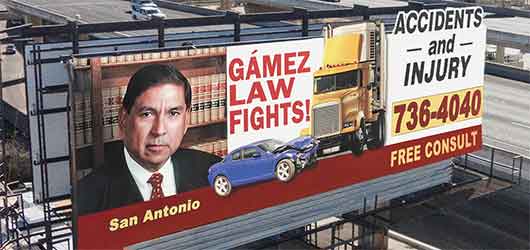An unsafe space can cause a person harm and lead to life-altering injuries and lasting expenses. Premises liability claims ensure accountability for property owners, managers and lessees.
Different types of incidents may qualify for compensation, and Texas residents should be aware of what situations may merit a claim.
Slips, trips and falls
The National Floor Safety Institute collected data that shows that falls lead to over 8 million emergency room visits annually. Unfortunately, fractures from falls can require long-term treatment or even be fatal. As a result, slips and falls are the most common types of premise liability cases.
Such claims are usually valid when a property owner or whoever is in charge permits an unsafe condition. These include damaged floors, uneven ground, spills or defective staircases. If a person gets hurt due to one of these situations, the individual may have a premises liability claim.
Dog bites and other pet attacks
Texan pet owners bear the responsibility of preventing their pets from causing harm to others. Severe injuries can result from animal attacks or even when a pet is being playful. For example, a dog might jump on a bicycle rider and knock the person over, causing serious injuries.
Owners must ensure pets are under control and not posing a threat because a pet attack might not just cause physical damage. A person who suffers disfigurement or disability could endure psychological harm that merits compensation.
Accidents or injuries in swimming pools
Pool and spa owners must properly maintain their facilities and forewarn visitors about any potential safety hazards. Texas requires owners to enclose pools with a fence that is at least 48 inches high, and the fence’s material should not be climbable.
Many of these cases involve children who gain unsupervised access to a pool and have an accident. If an owner leaves a gate open or otherwise does not secure a pool and a mishap occurs, the individual who suffers an injury may have a premises liability claim.
Premises liability laws apply to nearly any location, including private and public property. However, a claimant only has a limited time to file, and gaining access to the location to gather evidence can be difficult. Therefore, swift and thorough action often benefits a claim.


